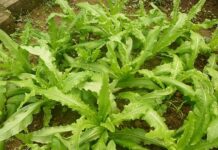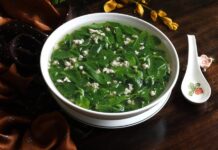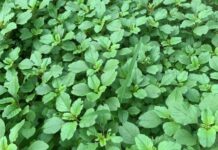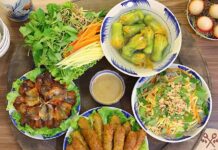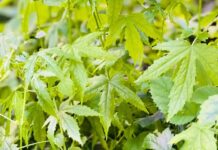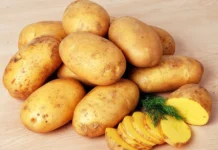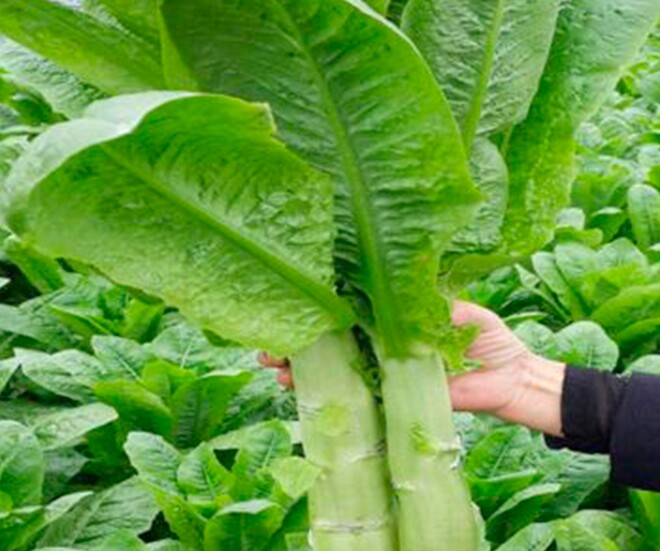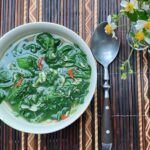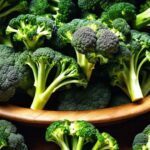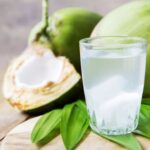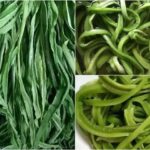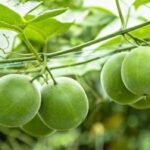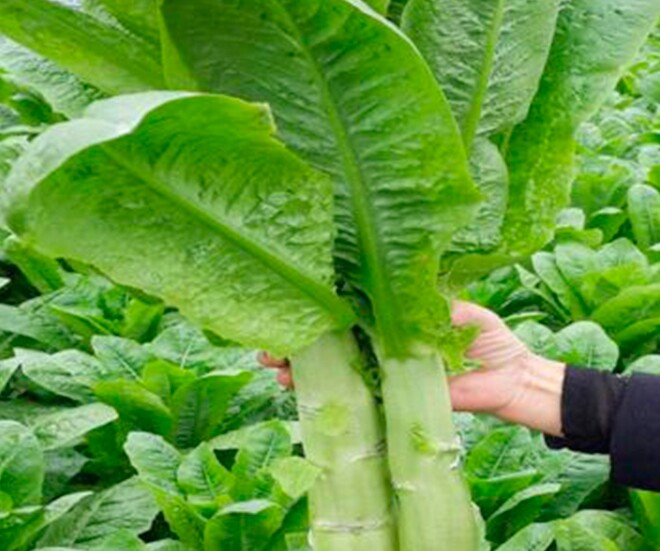
Basil is a mildly fragrant herb native to Southeast Asia, with Vietnam being one of the oldest users of this herb in the region. It grows wild or is cultivated in home gardens, along fences, and in fields. Thanks to its ease of cultivation and rapid growth, basil is increasingly being grown by families for daily use as a culinary herb.
The flavor of basil is a unique combination of a mild minty fragrance similar to peppermint and a slight bitter taste akin to that of basil. Lately, basil has become a “hot item” in the market. Its distinctive aroma, crisp and refreshing taste, and unexpectedly high nutritional value have made it increasingly popular with consumers.
Basil is extremely versatile in its culinary applications: it can be eaten raw, used as a filling for steamed buns or dumplings, stir-fried with garlic, beef, and offal, or cooked into a refreshing soup for a family meal. In addition to the leaves, the stems of this herb can also be used in various delicious dishes.
Basil is currently sold in traditional markets and supermarkets, with prices ranging from 30,000 to 50,000 VND per kilogram, depending on the region and season. This is a relatively affordable price compared to many other herbs, thanks to its rapid growth and easy propagation.
Basil thrives in light and prefers a sunny spot with morning sunlight and protection from the intense midday sun. Watering is quite simple, requiring only that the soil be kept moist, with watering once or twice a day depending on the weather. After about 4-5 weeks, you can start harvesting by pinching off the tops of the plants; they will continue to branch out and grow more vigorously after each pruning.
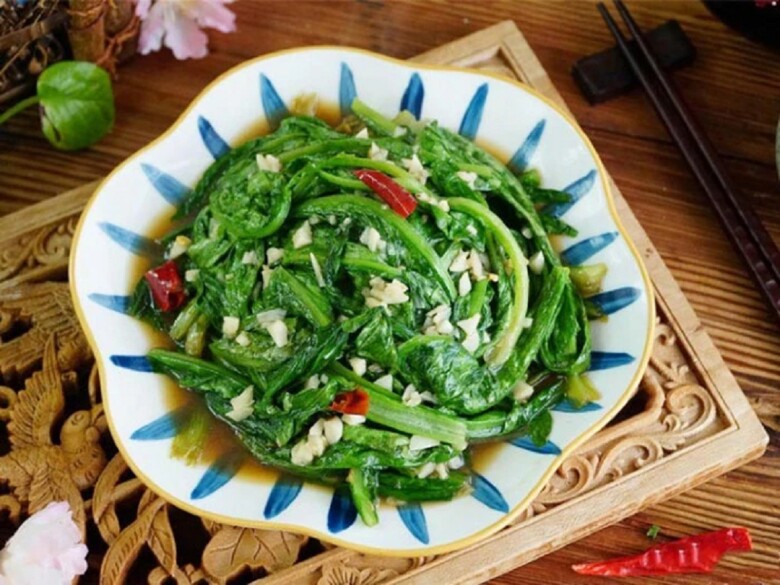
Basil is an excellent source of calcium, containing 70 milligrams of free calcium per 100 grams, which is 36 times more than bone broth. It is also a vitamin-rich food, especially vitamin A. In addition, the large amount of beta-carotene in basil is converted into vitamin A during consumption.
The health benefits of basil include:
Promotes cooling and aids weight loss
With its cooling properties and effective heat dissipation, basil is especially suitable during hot weather. This herb is extremely low in calories, containing only about 15 calories per 100 grams, even lower than tomatoes. This makes basil an ideal choice for those watching their weight or seeking to lose weight healthily.
Protects eyesight and improves vision
Basil contains zeaxanthin, an important antioxidant that slows the progression of age-related macular degeneration and prevents cataracts. Additionally, the flavonoids in the herb help reduce the risk of cancer, especially lung and oral cancer.
Nurtures skin and enhances vision through vitamin A
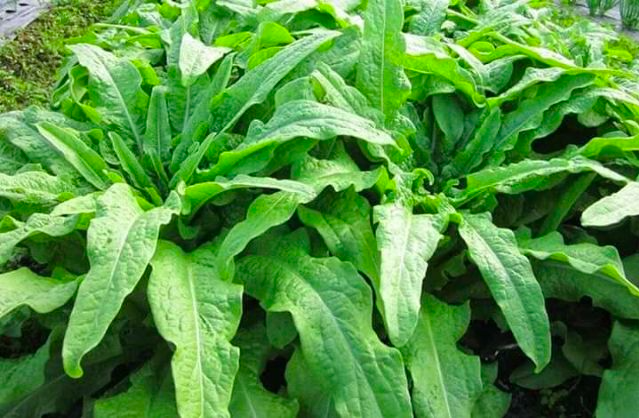
The abundant vitamin A and beta-carotene in basil not only protect the eyes but also maintain healthy skin. Regularly including basil in your diet helps the body produce the necessary mucous membranes and tissues, keeping your skin smooth and your eyes bright and clear.
Benefits reproductive health
Basil is a natural source of folate, an essential nutrient during pregnancy that reduces the risk of birth defects. In addition, the vitamin C in basil boosts immunity, helping the body fight infections and strengthening natural defenses.
Strengthens bones and joints
Vitamin K in basil plays a crucial role in calcium absorption and accumulation, which is necessary for maintaining bone density. Regular consumption of basil helps strengthen bones, reduce the risk of osteoporosis, and support the development of the locomotor system, especially in the elderly.
3 Wild Edible Weeds That Are Nutritional Powerhouses Hiding in Plain Sight
Introducing the humble yet mighty wild vegetables that line our roadsides. Often overlooked and underappreciated, these vegetables are nature’s true superfoods, offering a plethora of nutritional and medicinal benefits. With their versatile uses in the kitchen and their potent healing properties, these wild greens are the unsung heroes of the vegetable world, ready to be embraced and celebrated.











